CIMETIDINE - ORAL
PHONETIC PRONUNCIATION: (sye-MET-uh-deen)
COMMON BRAND NAME(S): Tagamet
GENERIC NAME(S): cimetidine
Uses
USES: Cimetidine is used to treat ulcers of the stomach and intestines and prevent them from coming back after they have healed. This medication is also used to treat certain stomach and throat (esophagus) problems caused by too much stomach acid (e.g., Zollinger-Ellison syndrome, erosive esophagitis) or a backward flow of stomach acid into the esophagus (acid reflux disease/GERD). Decreasing extra stomach acid can help relieve symptoms such as stomach pain, heartburn, difficulty swallowing, persistent cough, and trouble sleeping. It can also prevent serious acid damage to your digestive system (e.g., ulcers, cancer of the esophagus). Cimetidine belongs to a class of drugs commonly called H2 blockers. It works by reducing the amount of acid in your stomach. This medication is also available without a prescription. It is used to treat occasional heartburn caused by too much acid in the stomach (also called acid indigestion or sour stomach). It is also used to prevent heartburn and acid indigestion caused by certain foods and beverages. If you are taking this medication for self-treatment, it is important to read the manufacturer's package instructions carefully so you know when to consult your doctor or pharmacist. (See also Precautions.)
How to use CIMETIDINE - ORAL
HOW TO USE: Take this medication by mouth with or without food as directed by your doctor. The dosage and length of treatment are based on your medical condition and response to therapy. Follow your doctor's instructions carefully. If you are also taking antacids to relieve stomach pain as recommended by your doctor, separate them from this medication by at least 1 hour. Take this medication regularly as prescribed in order to get the most benefit from it. To help you remember, take it at the same time(s) each day. Do not increase your dose or take it more often than directed. Continue to take this medication for the prescribed length of treatment even if you are feeling better. Stopping treatment too early may delay the healing process. If you are using nonprescription cimetidine for self-treatment of acid indigestion or heartburn, take 1 tablet by mouth with a glass of water as needed. To prevent heartburn, take 1 tablet by mouth with a glass of water right before or up to 30 minutes before eating food or drinking beverages that cause heartburn. Do not take more than 2 tablets in 24 hours unless directed by your doctor. Do not take for more than 14 days in a row without talking with your doctor. Inform your doctor if your symptoms do not improve or if they worsen.
Side Effects
Precautions
Interactions
Overdose
Images
Reviews
Faq for CIMETIDINE - ORAL
Cimetidine oral is used to treat various conditions such as ulcers in the stomach and intestines, gastroesophageal reflux disease (GERD), and excessive stomach acid production.
Cimetidine oral belongs to a class of drugs called H2 blockers. It works by reducing the amount of acid produced by the stomach, thereby relieving symptoms such as heartburn and stomach pain.
Common side effects of cimetidine oral include diarrhea, headache, dizziness, drowsiness, and rash. These side effects are usually mild and go away on their own.
Cimetidine oral may interact with certain medications, so it is important to inform your doctor about all the medications you are currently taking. It can affect the way other drugs work or increase the risk of side effects.
Cimetidine oral may start providing relief within hours or days, depending on the condition being treated. It is important to follow the prescribed dosage and treatment duration recommended by your doctor.
It is recommended to consult with a healthcare professional before using cimetidine oral during pregnancy or breastfeeding. They can assess the benefits and risks and provide appropriate guidance.
Cimetidine oral is usually taken orally with or without food. The dosage and frequency of administration will depend on the individual's condition and the doctor's instructions.
Although rare, serious side effects of cimetidine oral may include confusion, hallucinations, irregular heartbeat, and signs of an allergic reaction. If any of these occur, seek immediate medical attention.
Long-term use of cimetidine oral may be prescribed in certain cases, such as chronic GERD or maintenance therapy for stomach ulcers. It is important to follow the healthcare professional's advice regarding the duration of treatment.
Disclaimer
IMPORTANT: HOW TO USE THIS INFORMATION: This is a summary and does NOT have all possible information about this product. This information does not assure that this product is safe, effective, or appropriate for you. This information is not individual medical advice and does not substitute for the advice of your health care professional. Always ask your health care professional for complete information about this product and your specific health needs.
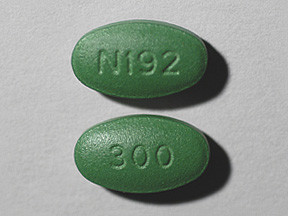
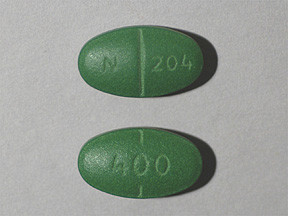

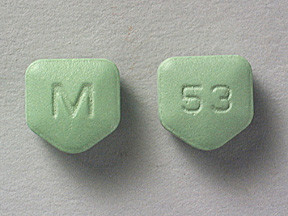
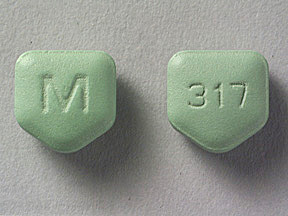
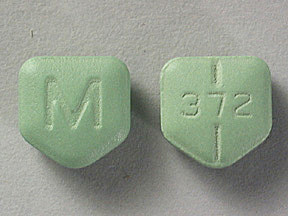
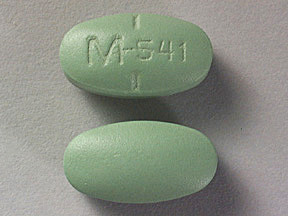
No Reviews Yet